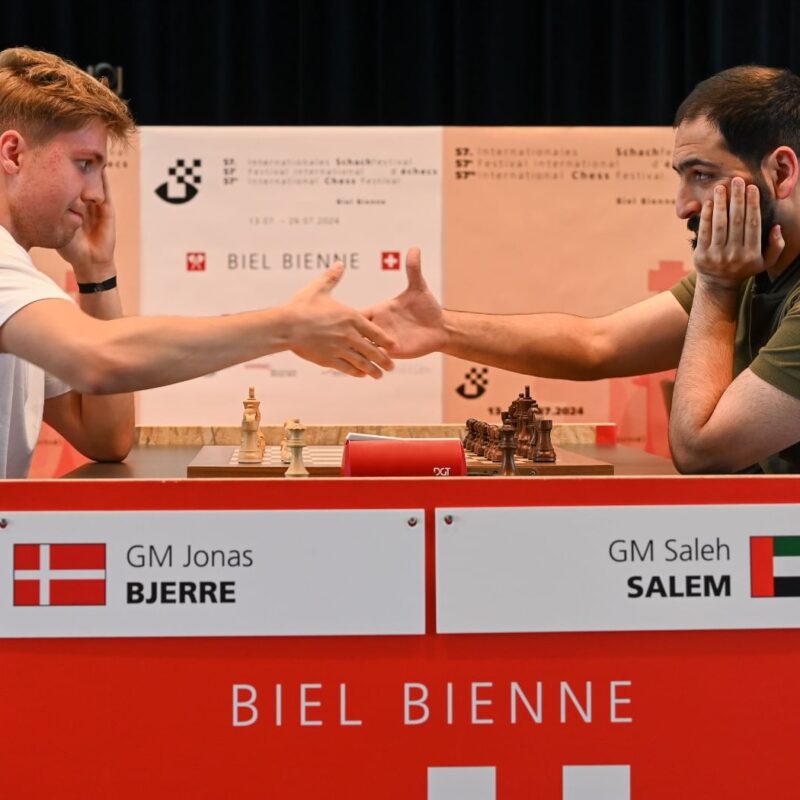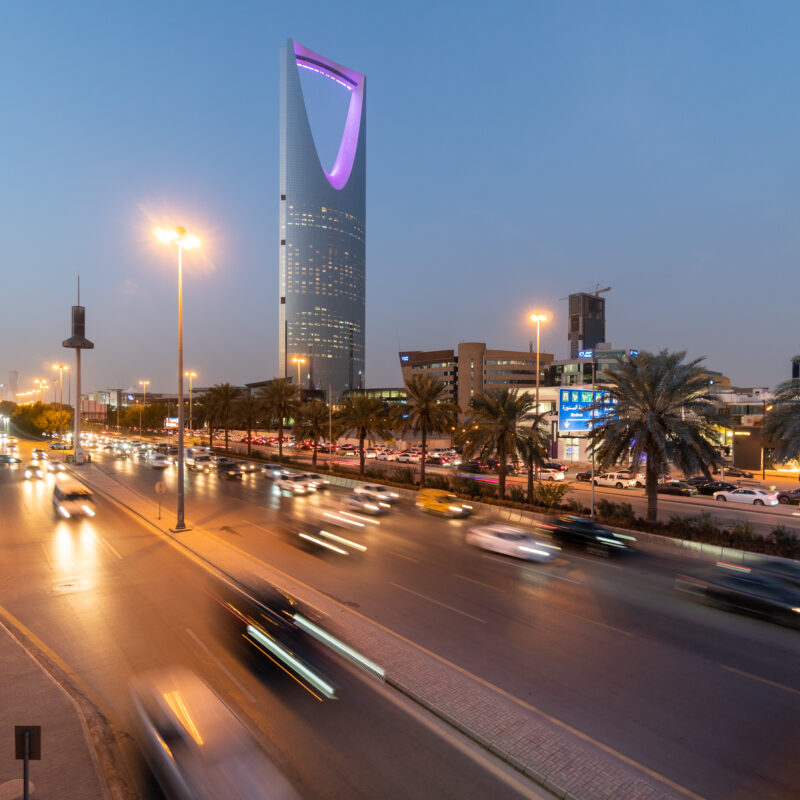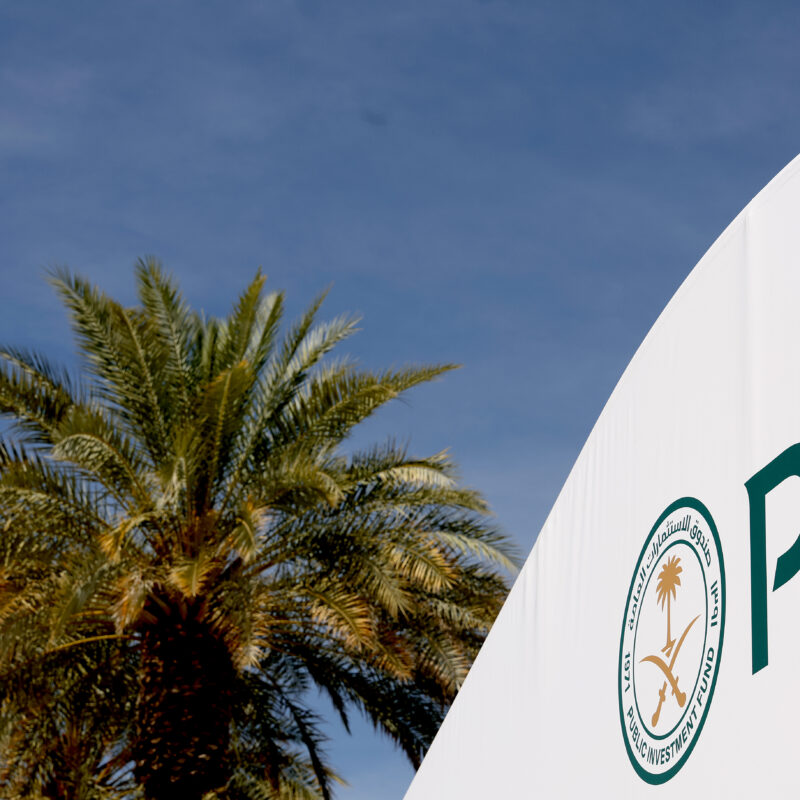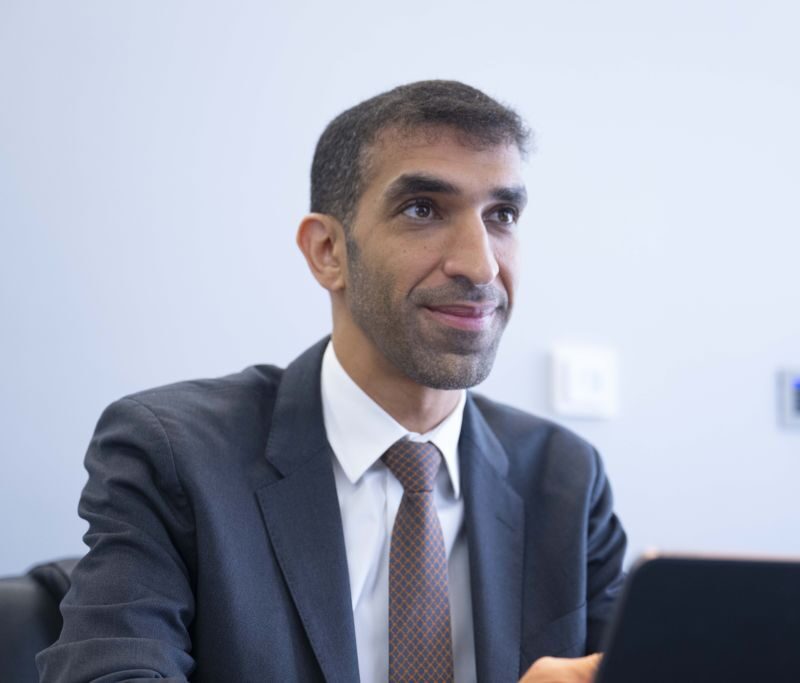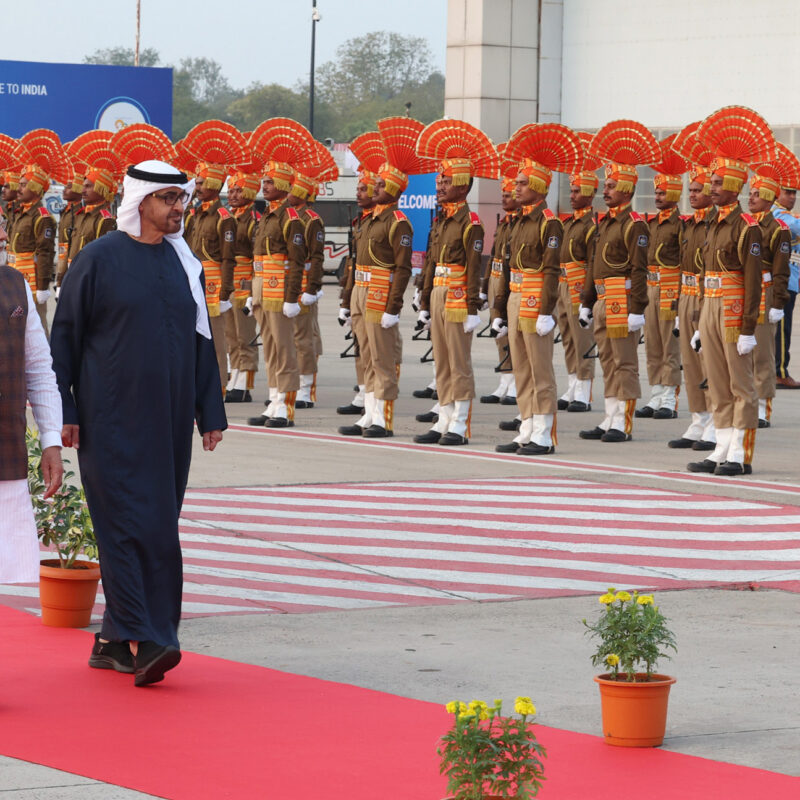Entrée’s Eyal pushed start-ups to raise cash quickly, slash expenses
Israeli VC founder invests in the Gulf, sees use of artificial intelligence everywhere, expects little damage to tech from government’s collapse
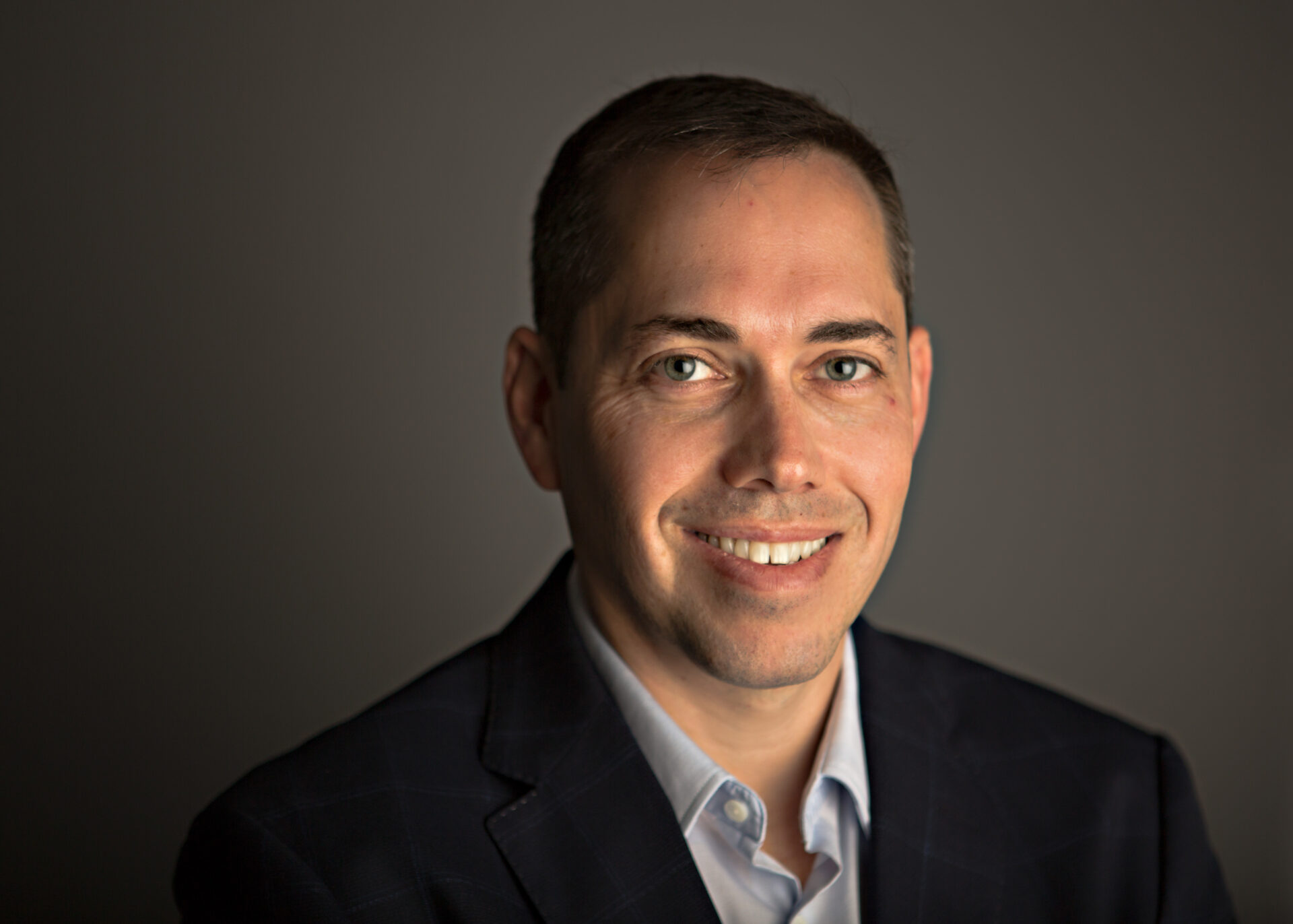
Entrée Capital Co-Founder Aviad Eyal
Herzliya, Israel —
Avi Eyal, co-founder of Israel-based Entrée Capital, said he and his partners have spent the past year trying to prepare cash-burning startups for the economic slowdown that has hit technology businesses around the world.
The venture capital firm, one of the biggest operating in Israel, manages about $1 billion in assets and has current investments in some 150 companies internationally. His message last year — the most lucrative ever for Israeli technology — was that they should accelerate fundraising efforts and determine where expenses could be reduced.
“We actually went to most of our portfolio companies, and in between June and December, we raised money for the bulk of them,” Eyal said in an interview with The Circuit. “At the same time, we told all the companies to have a backup plan, have a simulation of how they would cut costs very quickly, and how they would use that money, not to achieve the same growth but to achieve a quarter of their profits or less,” he said. “Some did, some didn’t.”
Born in Israel and raised from age 6 in South Africa, Eyal is an engineer and a serial founder of startups who opened Entrée in 2010 with internet entrepreneur Martin Moshal, a childhood friend. The firm was an early investor in Monday.com, a maker of workplace management software that held its initial public offering on the Nasdaq a year ago, and fraud-detecting Riskified, which trades on the New York Stock Exchange. Tracking the markets, both have shrunk in value since their 2021 IPOs.
Grow Responsibly
While terming layoffs unfortunate, Eyal noted Israel’s shortage of engineers and demand for technology workers, suggesting that the industry is “rightsizing” after getting overextended. “It’s not nice to say something is good when people are getting fired and don’t have jobs, but it’s kind of good on a macro basis. You’ve got to find the middle ground that’s comfortable with people so businesses can grow responsibly.”
Recently, Entrée has been investing in the Gulf, deepening relationships with Mubadala, the $284 billion Abu Dhabi sovereign wealth fund, and other Emirati businesses, after starting quietly before the September 2020 Abraham Accords normalized ties with Israel. Among them are Hala, a UAE insurance tech startup whose early funding round was led by Entrée, and Tarabut Gateway, an open banking platform based in Bahrain.
“We were one of those spearheading the tech investments in the Emirates,” Eyal said, speaking at his office in the startup hub of Herzliya, near the beach north of Tel Aviv. “It gave us exposure into what they were seeing (from the Gulf), and started creating relationships, which kind of really worked for us right at the beginning.”
Governments come and go
As the collapse of Israel’s coalition government sets up the fifth national election in three years, Eyal, 51, said the political instability holds much less of a threat to technology companies than the prospect of recession in the U.S., where many seek to raise money.
“Governments come and go, and I don’t think it has any impact on the technology space,” he said. “In the long term, the fact that we have unstable governments and the fact that we have extreme governments that are not inclusive, I think that affects the country from a perspective of education and long-term investments, because, you know, every government comes and changes what the previous government did.”
Among current investments, Eyal points to the way that artificial intelligence has permeated startup culture and produced innovative products. Darrow.ai, for example, scans publicly available data to detect hidden legal violations. It produces the paperwork to present a case in court and gives lawyers specialized information and tools.
Bria.ai, another Entrée investment, generates realistic images of people, landscapes and locations that can be used without paying licensing fees to a photo agency. Sensi.ai puts devices in homes to monitor people with illnesses or the elderly who are often helpless when alone. The device monitors sounds from doors, toilets, showers and other elements to recognize patterns and send alerts when irregularities are detected.
Maybe a Glimmer
Eyal said the fact that Emirati investors are circulating in Tel Aviv and that Saudi Arabia is investing in funds that finance Israeli startups is fundamentally changing the Middle East, both commercially and politically.
“I think the world is smaller and opening up, and with all the troubles that everyone else has around the world,” he said, “maybe there’s a glimmer of hope.”


